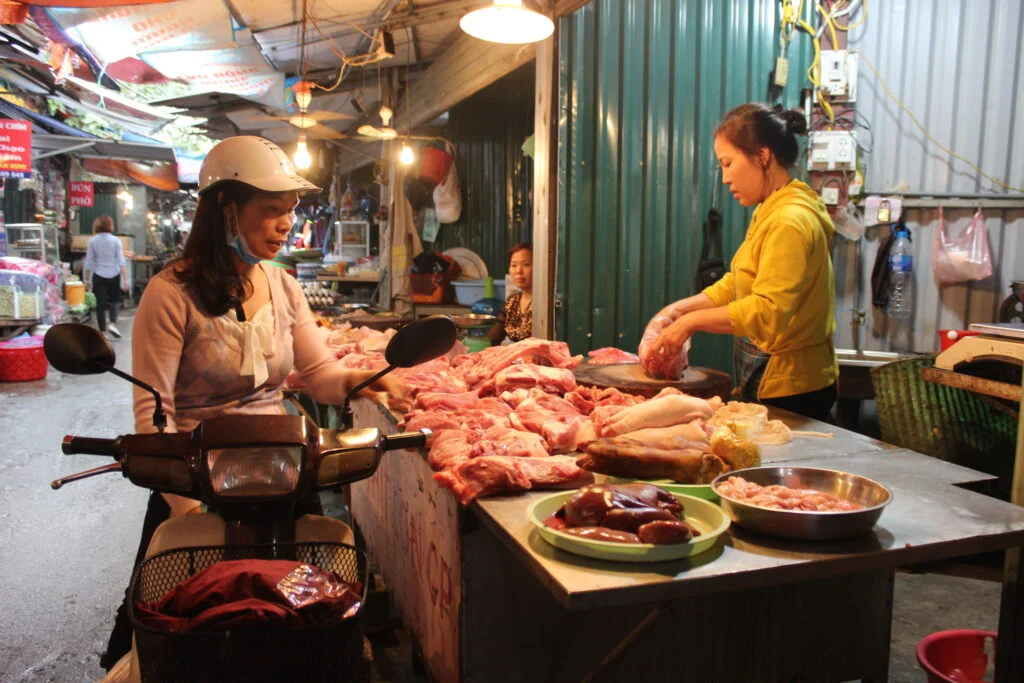By Murimi Gitari
THE African Union (AU) and the International Livestock Research Institute (ILRI) have joined forces to develop guidelines for addressing the unique food safety challenges faced by the informal food sector. The new guidelines show ways in which African governments work with the informal sector in their efforts to improve the safety of foods.
“Food and nutrition security is a human right, and yet unsafe food undermines this right for millions of Africans every year,” said John Oppong-Otoo, Food Safety Officer at African Union International Bureau for Animal Resources (AU-IBAR). “We believe these new guidelines will provide realistic and practical guidance to help governments work with the informal sector and gradually transform it to safely and sustainably sustain the population.” Africa’s informal sector is critical for food security, employment, and livelihoods, particularly for the continent’s urban poor.
Roughly 70 percent of Africa’s urban households buy food from informal markets, which includes street vendors, kiosks, and traditional market sellers, among others.
However, food safety in the continent’s informal markets has been historically neglected, or mismanaged.
Some 90 million Africans become sick from foodborne illness every year, costing an estimated US$16 billion in productivity losses. In comparison, the international community invests just US$55 million per year in food safety projects on the continent
The draft guidelines have been developed following the AU’s continental-wide Food Safety Strategy for Africa, published in 2021 to encourage improvements in food safety management.
While compliance with food safety standards has improved in Africa’s exported goods, progress has been limited when it comes to the domestic informal sector, which is typically fragmented and under-resourced. “Western approaches to improving food safety, which include compliance with strict requirements and involve complex documentation processes, are really only suited to the formal sector, which is regularised and has sufficient financial resources,” said Silvia Alonso, a Senior Scientist Epidemiologist at ILRI.
“The reality is most African consumers buy food from the informal sector, which requires different approaches for food safety management. With the right support, governments can unlock the informal food sector as a vehicle for healthy and safe foods for all, and a source of decent and dignified employment for men and women, especially youth, in Africa.
” The guidelines are informed by ILRI’s research and interventions for improved food safety across Africa. The interventions include a “pushpull” approach in Burkina Faso, which involved both food hygiene training for chicken grillers as well as awareness campaigns for consumers, and inclusive professionalisation of the informal milk sector in Kenya through training and marketing.
The AU and ILRI started consultations with informal sector actors and partners to help refine the guidelines in June. The consultation process with member states will continue throughout 2024 and 2025 before the framework is presented to the AU policy bodies for approval in 2025.

